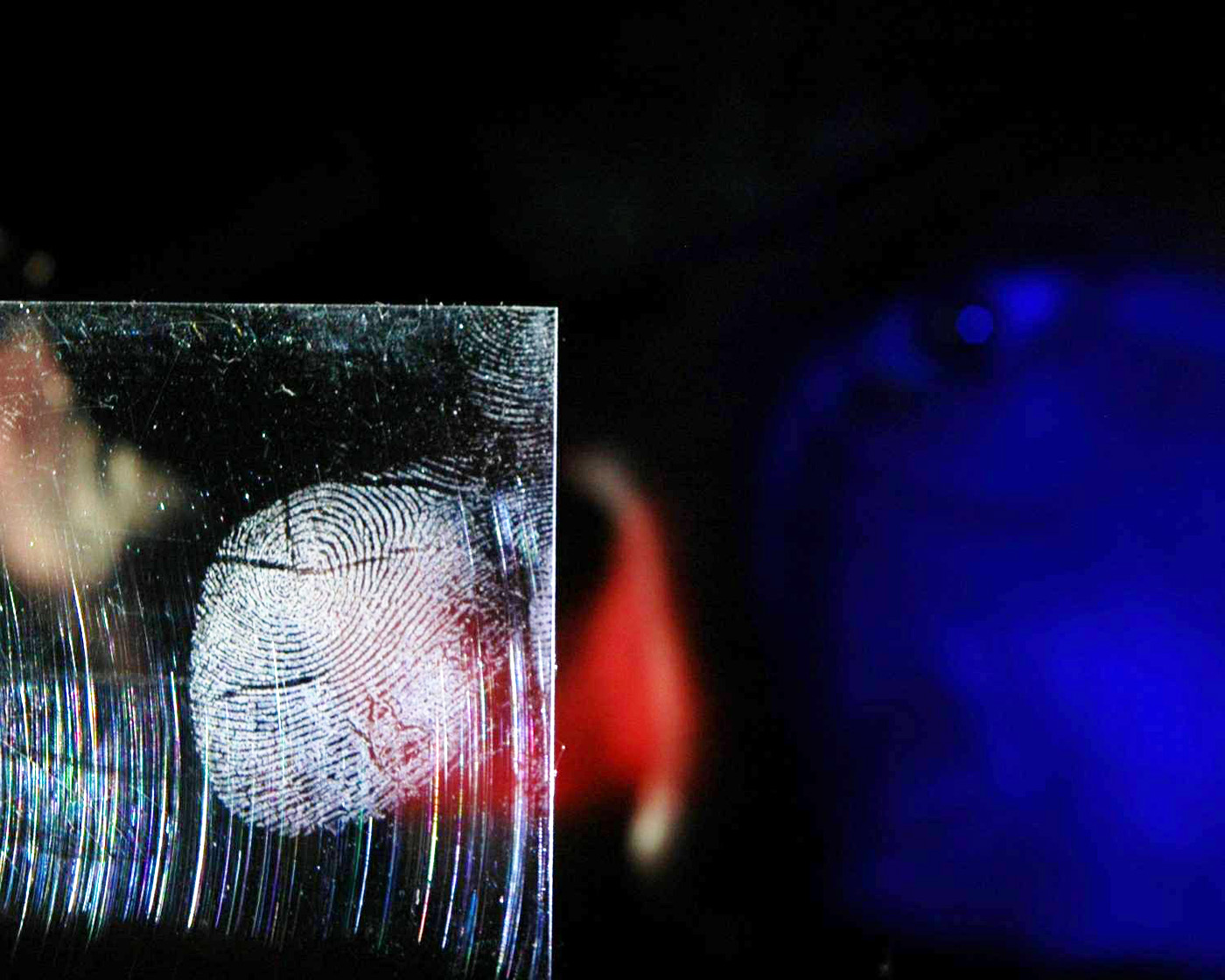This CSAFE Center Wide webinar was presented on April 2, 2019 by Brandon Garrett, CSAFE researcher and the L. Neil Williams Professor of Law at Duke University. Brandon Garrett has provided presentation slides.
If you should require a certificate for attending this webinar, please email Marc Peterson at marc@iastate.edu.
Presentation Description:
The way jurors examine the reliability of forensic evidence, such as fingerprints, during trial proceedings remains an important question in forensic science. Recent studies have explored new ways to convey information to potential jurors. This webinar will examine how potential jurors respond to these novel methods and explore ways to better educate jurors on the strength and limitations of forensic conclusions.





